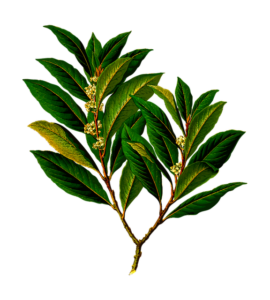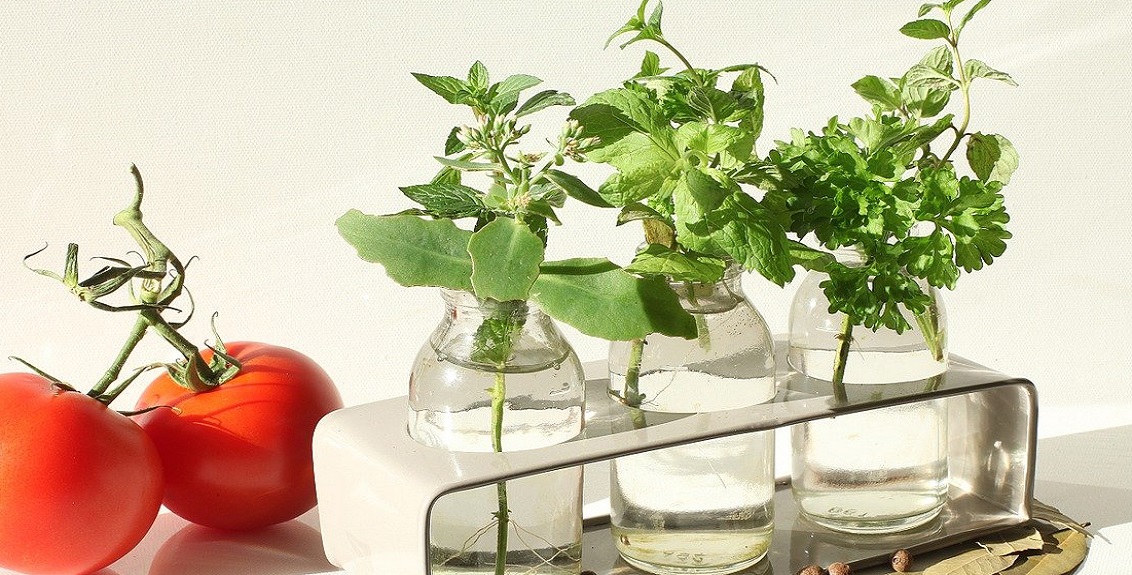Growing your own fresh herbs is fairly easy to do indoors and outdoors so that you have fresh herbs for your culinary use and for medicinal purposes as well. One of the most important aspects of having an indoor herb garden is to have access to a sunny window and this post gives you information about the most popular herbs, what to use them for and how to grow them indoors. In herb gardening, the most important aspect of having an indoor herb garden is to have access to a sunny window.
Herbs, in most cases, are tough wild plants which, when spoilt by the lush conditions of a garden, will thrive and romp away. It’s a myth that all herbs like full sun, even good old basil likes partial shade at midday. So when planning your garden, you can divide your plants into two sections, those like thyme, sage, rosemary, French tarragon and oregano that like full sun; and those that like partial shade, such as rocket, sorrel, mizuna, mustard, parsley and chervil.
Containers and window boxes
Some ‘must haves’ to put in a window box on the sunny side of the house include chives, oregano, lemon thyme and creeping rosemary to drape over the edge. However, on the shady side of the house you could have a salad herb window box which would include wild rocket, chervil, French parsley and red mustard.
- When growing herbs in containers, use soil-based compost like John Innes potting compost. This is because there are very few herbs that grow in peat, and soil-based compost retains moisture which is a must to stop containers drying out.
- Water in the morning rather than the evening because this gives the plants a chance if the temperatures are hot during the day, especially for containers grown in full sun.
- Feed container plants weekly from March until September. This keeps the plants healthy, helps them produce leaves, especially on cut and come again salads.
Healing properties
Herbs look good, smell good and do you good. They have been used ever since humans have been on the earth, as medicines, perfumes, insect repellents and, of course, in food and flavouring. This huge group of plants includes trees, shrubs, annuals and even cacti, to name but a few. The most important thing to remember when growing herbs is that they are the foundation of all modern medicine, therefore they should be treated with respect, and if you are considering them for specific medicinal use always consult a doctor or qualified herbalist. If you are growing herbs for use in the kitchen then you need to learn about their flavour and how they can aid digestion.
Using Herbs
- Rosemary with your roast lamb, basil with your spaghetti, sage with your pork, there are so many ways to use your herbs in the kitchen.
- A handful of crushed rosemary leaves steeped in boiled water, strained, and cooled makes a lovely rinse for brunette hair.
- Lavender placed amongst your sheets and towels in the linen cupboard makes them smell wonderful, and helps keep insects at bay.
- Medically, herbs have been used for centuries, but unless you are a qualified herbalist, do NOT attempt to treat any medical condition with herbs. They could react with medication you may be taking, or you could do yourself damage.
